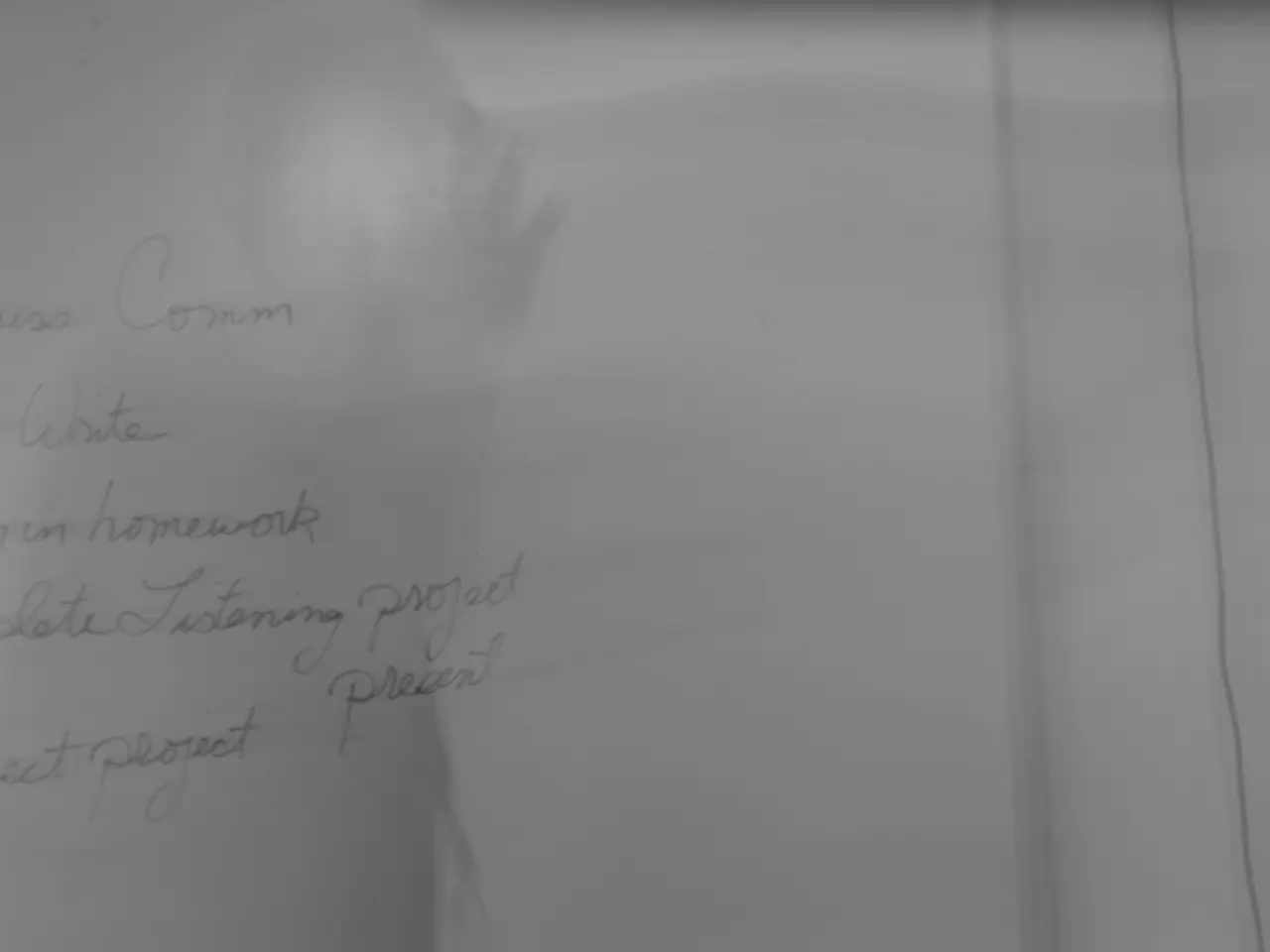Major Challenges in Achieving a Disorder-Free Lifestyle
Decluttering is more than just a one-time event; it's a process that requires patience, understanding, and a strategic approach. Here are some practical tips to help you on your journey towards a clutter-free lifestyle.
Embrace the Emotional Journey
Accept that decluttering can stir up memories and emotional resistance. Recognize these feelings, but focus on what items truly enhance your life rather than what you discard. Methods like setting aside a keepsake box for sentimental items or photographing them can help preserve memories without physical clutter.
Start Small and Build Momentum
To reduce decision fatigue, start with easy, low-emotional decisions such as expired food, freebies, or obvious junk. This will help build momentum and confidence for tackling tougher choices.
Set Manageable Goals and Time Blocks
Avoid overwhelm and overcommitment by focusing on one area or category at a time with realistic time limits. Remember, decluttering is a process, not a one-day task.
Progress Over Perfection
Challenge perfectionism by embracing progress over perfection. Aim for long-term, sustainable results rather than perfect, immediate outcomes. Start small and gradually build order and systems.
Create Systems to Prevent Future Clutter
Develop simple organizing habits that suit your lifestyle to stop accumulation from reoccurring. The "Three-Pile Method" (Keep, Discard, Maybe) is a useful tool to help you make decisions about what to keep, what to discard, and what to reconsider.
Address Acquisition Habits
Be honest about your needs and cooking or lifestyle habits to avoid accumulating unnecessary items. Focus on essentials only.
Seek Support
Don’t hesitate to involve friends, family, or professionals for emotional and practical support. Sharing the process can lighten the load and increase motivation.
Prioritize Health
Work at a pace that respects your physical and mental health. Incorporate breaks, practice self-care, and consider professional help if mental health challenges affect motivation or decision-making.
Let Go of Guilt and Fear
Reframe letting go as making space for well-being. Selling or donating items can ease guilt by giving things a second life and promoting sustainability.
Build and Maintain Motivation
A strong "why" or visual goal can help maintain motivation during the decluttering process. Remember, overcoming the hurdles requires a mix of mindset shifts, practical strategies, and consistent effort.
For those who need additional guidance, a free workshop is available to learn practical tools to overcome common roadblocks and move towards a clutter-free lifestyle. With patience, realism, and support, a clutter-free home is within reach.
- Decluttering can evoke memories and emotional resistance, but focusing on items that truly enrich your life is crucial.
- To minimize decision fatigue, start with less emotional decisions like expired food or obvious junk, using this as a stepping stone towards bigger challenges.
- To avoid feeling overwhelmed, concentrate on one area or category at a time with reasonable time limits, remembering that decluttering is a long-term process.
- Instead of striving for perfection, focus on progress and sustainable results, gradually building order and systems in your home and lifestyle.
- Adopting simple organizing habits can help prevent future clutter, making use of methods like the "Three-Pile Method" (Keep, Discard, Maybe) to streamline your decision-making process.
- Involving family, friends, or professionals for emotional and practical support, as well as addressing acquisition habits, can help you maintain a clutter-free home and promote a healthier, more minimalist lifestyle.




